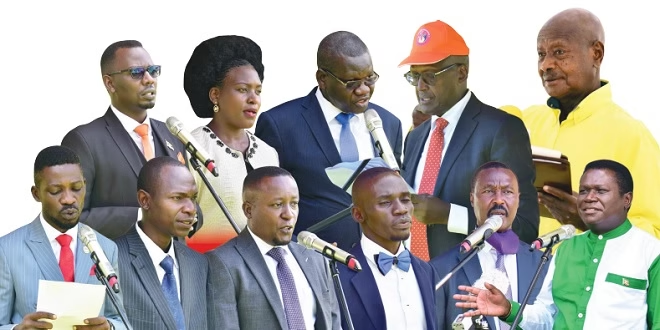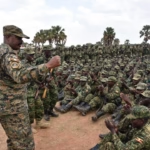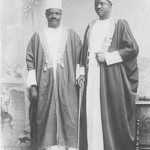By Cathy Mirembe
The 2026 Ugandan general elections are fast approaching, and the political landscape is already heating up. With various candidates announcing their intentions to run for parliamentary seats, the stage is set for a highly competitive and potentially contentious electoral process.
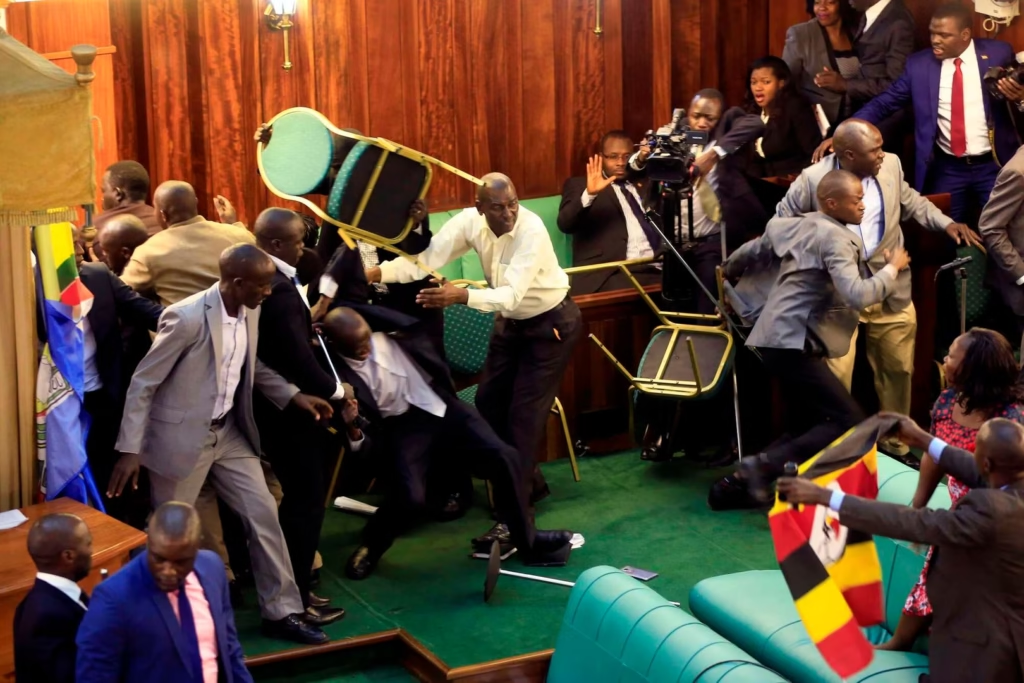
One notable trend in the upcoming elections is the entry of media personalities into the political arena. Several prominent journalists and media figures, including Flavia Namulindwa, Joel Ssenyonyi, Joyce Bagala, Zambaali Bulasio Mukasa, and Joseph Sabiti, have announced their candidacies for parliamentary seats. This development has sparked interest and debate, with some observers welcoming the influx of new faces and ideas, while others have raised concerns about the potential blurring of lines between journalism and politics.
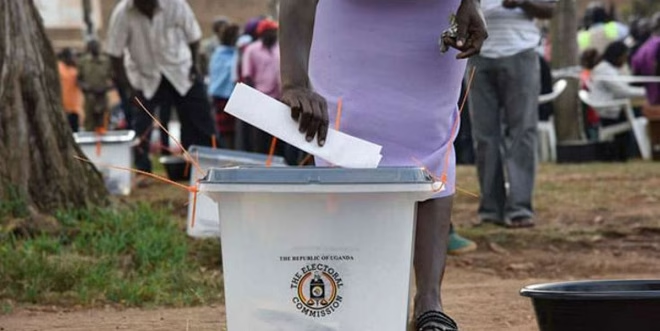
The Electoral Commission has unveiled key electoral dates, with parliamentary nominations set to take place on September 16-17, 2025, and the general elections scheduled for January 12-February 9, 2026. However, the voter registration update exercise has been marred by challenges, including inadequate kits, technical glitches, and concerns over disenfranchisement. These issues have raised concerns about the credibility and fairness of the electoral process.
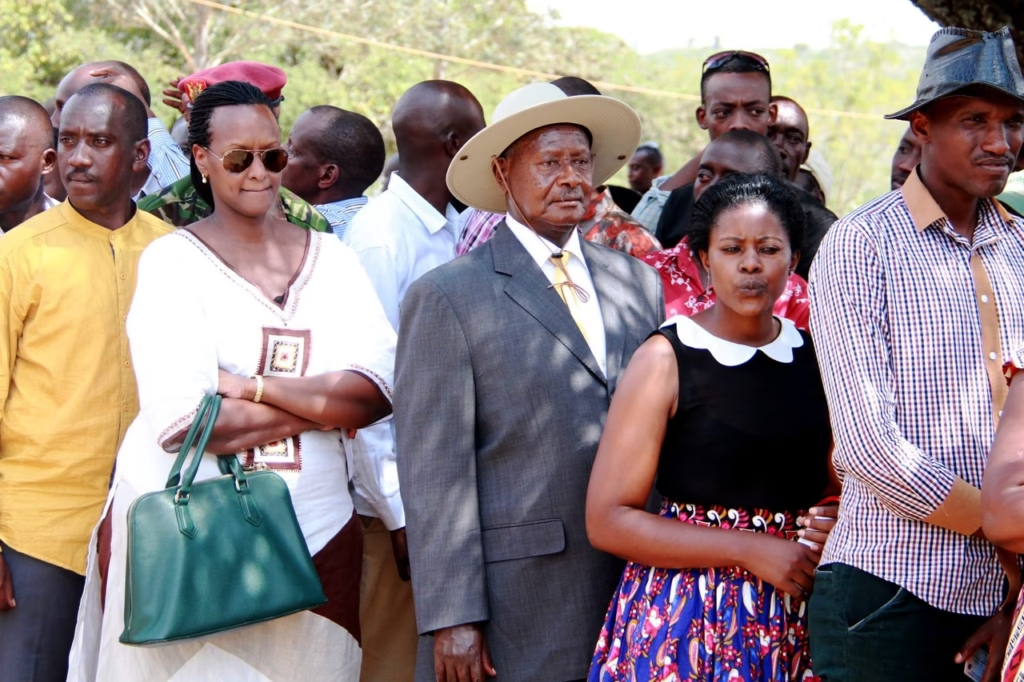
Furthermore, the Uganda People’s Defence Forces (UPDF) has requested UGX 138.4 billion to oversee security during the elections, sparking debate over the militarization of the electoral process. While the UPDF has assured that its role will be limited to maintaining law and order, some observers have raised concerns about the potential for intimidation and coercion.
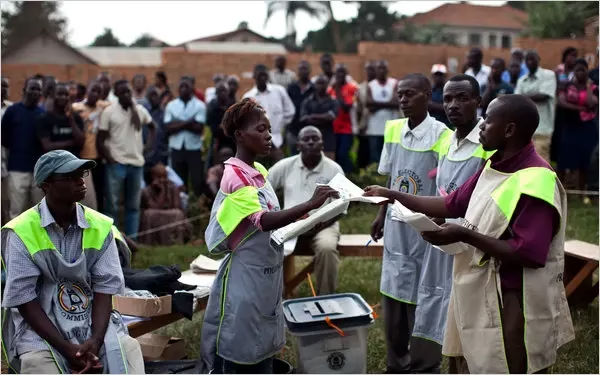
The 2026 Ugandan general elections promise to be a complex and contentious process. With new candidates entering the fray, electoral challenges, and concerns over security, it is essential for all stakeholders to prioritize transparency, fairness, and credibility. Only by doing so can the elections truly reflect the will of the Ugandan people.

